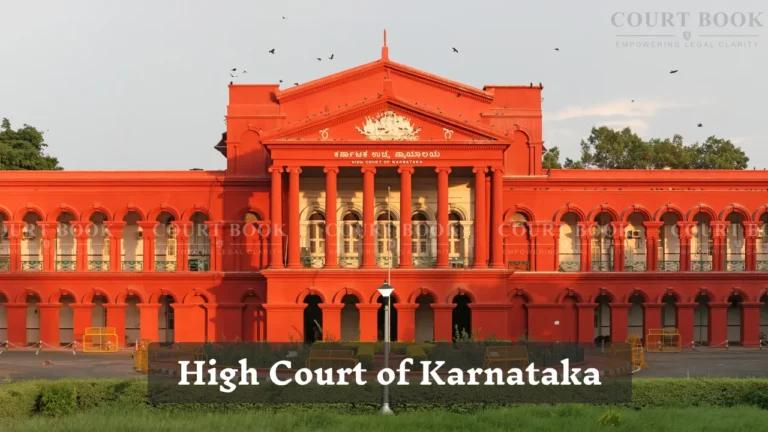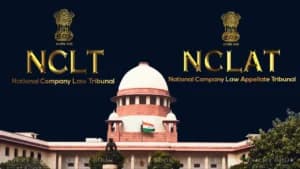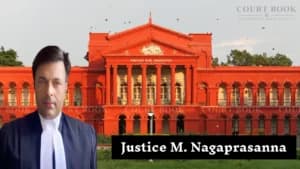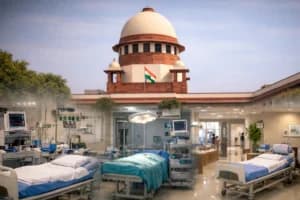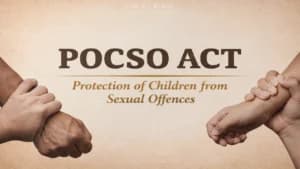The Karnataka High Court has given the state government a maximum of three weeks to file its response in a public interest litigation challenging the mandatory teaching of Kannada in CBSE and CISCE-affiliated schools across Karnataka.
This direction came from a division bench led by Acting Chief Justice V Kameswar Rao and Justice C M Joshi. The court, while hearing the petition filed in 2023 by Somashekar C and others, made it clear:
“Counter affidavit shall be filed in 3 weeks, as an outer limit.”
The court expressed dissatisfaction with the delay, as the state government has failed to submit its objection for over two years. Addressing this delay, the bench remarked:
“For two years you have not done anything, gear up your machinery, otherwise we will consider the application for interim relief.”
The petition questions the legality of the Kannada Language Learning Act, 2015, the Kannada Language Learning Rules, 2017, and the Karnataka Educational Institutions (Issue of No Objection Certificate and Control) Rules, 2022. According to the plea, these enactments negatively impact both students and teachers in non-state board schools.
The parents argue that these rules restrict students' right to choose the first, second, and third languages they want to study. This restriction, they claim, can adversely affect academic performance and future job opportunities. The plea emphasizes that:
"The aforesaid enactments severely and prejudicially affect the right of school students in the State of Karnataka to study a First, Second, and Third language of their choice. This has grave ramifications on the academic outcomes of children and stands to prejudicially affect their academic and employment opportunities in the future.”
Read Also:- Karnataka High Court Stays Suspension of Legislative Council Official Over Ambedkar Photo Controversy
Teachers who specialize in languages other than Kannada also face uncertainty. The petition outlines how the livelihood of these educators is under threat, as the new rules ignore their interests:
"These enactments have serious consequences on the livelihood of teachers who teach languages other than Kannada in schools. Clearly, these enactments have been brought into force without any regard to the interests of the school children or teachers who will be gravely affected by these enactments."
The petitioners believe that these rules violate various constitutional protections and are inconsistent with the Karnataka Education Act of 1983. They have requested the court to declare Rule 6(1) of the NOC Rules unconstitutional and to clarify that these rules do not apply to CBSE and CISCE schools. Alternatively, they have sought a declaration that Rule 6(2) is unconstitutional and that the impugned Act and Rules should not be enforced on these schools.
While the petitioners stressed that they respect the Kannada language and its rich literary heritage, they argued that mandatory enforcement of the language infringes upon constitutional rights:
Read Also:- Karnataka High Court Hears X Corp’s Plea Against Arbitrary Content Blocking Under IT Act
“However, its compulsory imposition in the manner that is sought to be done through the above enactments would cause severe prejudice to school children and fall foul of constitutional principles and this issue is sought to be urged in the instant writ petition by way of public interest.”
The petition also refers to a previous order from a coordinate bench, where the Union of India clarified that the National Education Policy (NEP) 2020 does not support compulsory language imposition. It is important to note that even government orders mandating Kannada in degree courses have been stayed by the Karnataka High Court in earlier proceedings.
Although the petitioners requested a stay on the implementation of the contested rules, the High Court declined to issue an interim order at this stage. The court emphasized that it will await the state’s statement of objections before taking any further action.
Case Title: Somashekar C & Others And State of Karnataka & Others
Case No: WP 9574/2023
